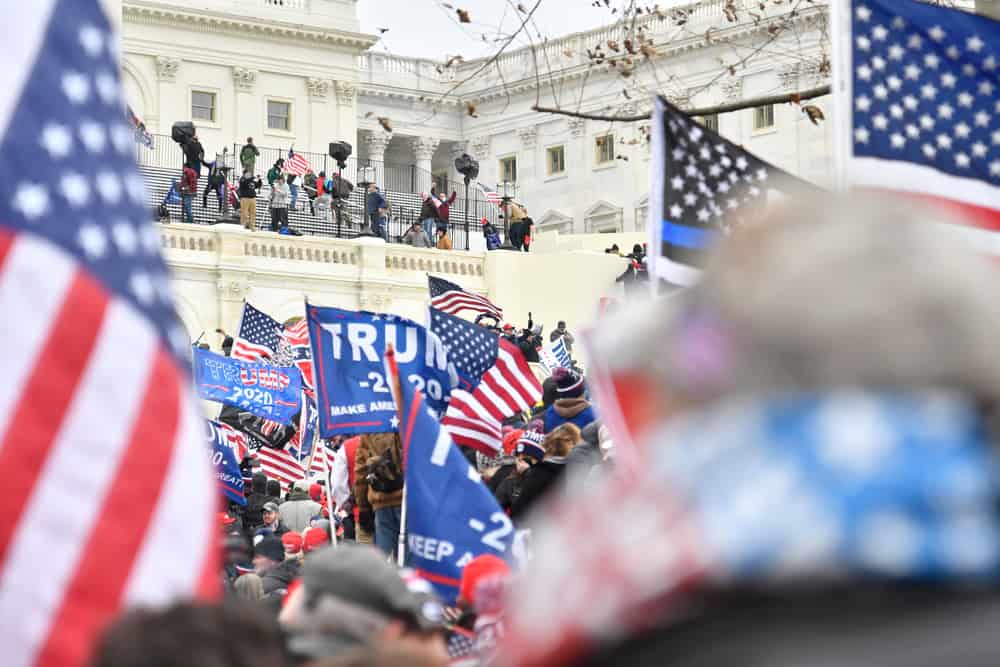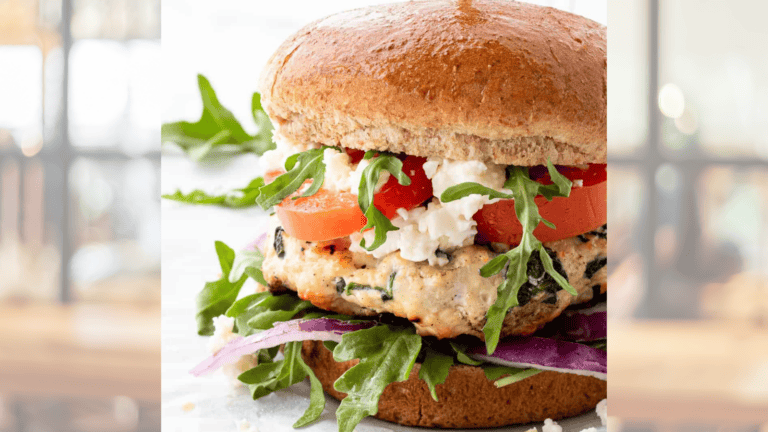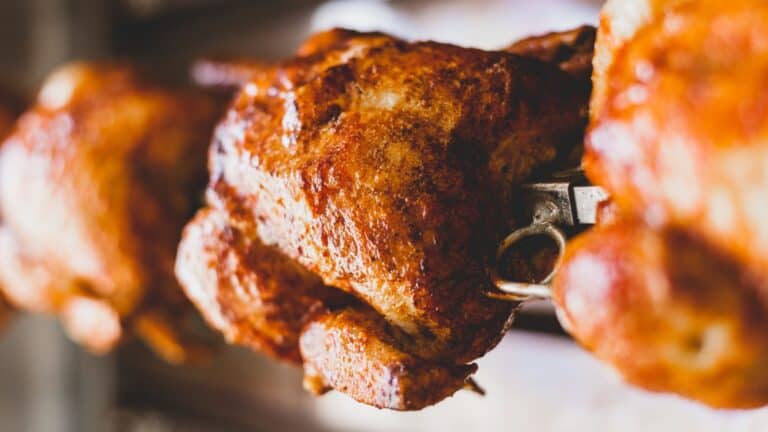Elon Musk’s Free Speech App Isn’t So Free: Why X Froze My Account and Banned Ken Klippenstein
Musk’s “free speech” app froze my account after it banned journalist Ken Klippenstein, doubling down on political censorship.
Elon Musk’s X (Twitter) locked my account on Sept. 28 for posting a link to a publicly available, redacted version of the JD Vance dossier on Scribd.
I’m not including the link to the dossier on Scribd here, so that this article isn’t blocked. But a Google search for “scribd jd vance dossier” will likely render results with a link to the dossier on Scribd.
On Sept. 27, federal charges were filed against three Iranian hackers who allegedly stole the 271-page dossier from the Trump campaign and leaked it to the media. News outlets had declined to publish the dossier, though not illegal to do so.
Musk’s X permanently banned journalist Ken Klippenstein from the platform on Sept 26, after he shared his Substack newsletter that contained the Trump campaign’s vetting document of JD Vance. In a statement, X said Klippenstein had violated rules against revealing personal information.

Klippenstein subsequently redacted private information in the dossier. In his post titled “My Twitter Ban Is Political: I redacted the JD Vance Dossier. Surprise: I’m still banned,” Klippenstein wrote:
“Here’s the biggest tell that this is political. X typically provides users who post something in violation of its policies the opportunity to remove the offending posts in order to have their accounts reinstated. I have received no such offer.”

X locked my account and removed my post.
The fact that X locked my account, but didn’t ban me, substantiates Klippenstein’s big tell. He wrote: “So it’s not about a violation of X’s policies. What else would you call this but politically motivated?”
After I read about Klippenstein’s ban, I posted on X: “Read the JD Vance Dossier/NOT doxxing. All ‘private’ info has been redacted,” with a link to a publicly available, redacted version of the dossier on Scribd.
Less than 24 hours later, X had locked my account and notified me that I would not be able to access the platform due to “Violating our rules against posting private information.”
I submitted this appeal to X: “Private info was redacted from the version of the JD Vance dossier that I posted on X (Scribd). So does X consider the entire dossier to be private information?”
X responded about five minutes later: “Our support team has determined that a violation did take place, and therefore we will not overturn our decision.” But X provided no additional explanation.
Media reporter Justin Baragona wrote for his Ragebait column on Medhi Hasan’s Zeteo, after he spoke with a rep at X: “Klippenstein wasn’t punished for posting the document ‘as a whole’ since the company ultimately got rid of its ‘hacked materials’ policy following blowback from its handling of the [Hunter Biden] laptop story.” Baragona wrote:
“The thing is, it isn’t like we didn’t already know that Musk is the ‘world’s biggest hypocrite on free speech.’ He’s randomly booted left-leaning journalists from the platform with no explanation while simultaneously welcoming back actual neo-Nazis.”

X doesn’t prohibit posting hacked content
In 2020, Twitter changed its rule about posting hacked materials, after the site was blocking a New York Post story about the alleged emails of Joe Biden’s son Hunter. (The New York Post is owned by Rupert Murdoch’s News Corp, sister company of his Fox Corp.)
Then-Twitter executive Vijaya Gadde tweeted that “the policy on hacked materials as written could result in undue censorship of journalists and whistleblowers. Going forward, the company will remove content only if it’s directly posted by hackers or those acting in concert with them,” the Washington Post reported.

(Meta, on the other hand, said it is blocking links to the Vance dossier across its platforms (Facebook, Instagram, Threads), in accordance with its policy prohibiting hacked materials.)
In X’s lock-out notice to me, they cited X rules against posting private information. But the X rules show that sharing the redacted Vance dossier was “not in violation” of their privacy policy, according to their criteria: The dossier was publicly available, adds value to the public discourse, is in the public interest, and Vance is a public figure.
Musk posted in 2022: “By ‘free speech’, I simply mean that which matches the law. I am against censorship that goes far beyond the law.”

So my post was neither in violation of X rules nor against the law. Ipso facto: free speech.
What is Musk’s end-game?
Trump and Vance continue to repeat the Big Lie that incited the Jan. 6 violent coup attempt, the attack on the U.S. Capitol.
The dossier shows that on November 28, 2020, Vance said: “People certainly feel that they need to fight [election results] and they need to see this through to the end. I think they are supportive of the President continuing the litigation. But frankly, I don’t think these are the sorts of people who are going to go burn up stores and set cars on fire and make life a living hell for everybody.” [Page 87 of the dossier].
What did Vance mean by “the end”?
In the VP debate with Gov. Tim Walz Tuesday, Vance refused to say that Trump lost the 2020 election. Trump lost the election, as has been exhaustively adjudicated. Trump lost the 2020 election. (It bears repeating.)
When Walz asked Vance point-blank whether Trump lost the election, Vance refused to answer. Trump’s VP candidate dodged the question, saying social media censorship is a bigger problem. Why, then, is Musk censoring the Vance dossier on X?
In fact, Trump supporters did far worse. They attempted a violent coup. Jan. 6 Situation Room officer revealed that Trump supporters ‘came that close’ to assassinating Vice President Mike Pence. Trump’s “rigged and stolen” narrative incited violent insurrectionists loyal to him to storm the U.S. Capitol on Jan. 6, 2021, in Washington, DC, where 140 police officers were assaulted.
On Wednesday, at his event in Michigan, a reporter asked Vance, “Why did you not answer the question last night during the debate about who won the 2020 presidential election?”
Vance dodged the question again, saying, “The media is obsessed with talking about the election from four years ago.”
But the media is only reporting. It’s Trump who continues to perseverate. He told the Big Lie to a rally crowd last week: “we did a lot better in 2020. We won. We won. It was a rigged election.”
And last week, Vance doubled down on the Big Lie that incited the Jan. 6 attack on the U.S. Capitol. On Thursday, comedian Jason Selvig posted a clip of an interaction he had with Vance on X. During their brief encounter, Selvig repeatedly asked Vance if Trump won in 2020.
“Who won the 2020 election? Could you just answer? Did Donald Trump win?” Selvig asked.
“Yes,” Vance replied.
The Jan. 6 violent coup attempt and Trump’s threat of a repeat performance in 2024 matters to American voters. The attack on our nation’s capital can’t be glossed over by Vance’s slick presentation, his dodging the question, and Musk running interference for the Trump campaign.

Is X engaged in selective enforcement of its rules?
Last month, X published its first Transparency Report since Musk bought the platform. To enforce their rules, X said, the company uses a combination of machine learning and human review. The automated systems either take action or surface the content to human moderators.
In January, X announced it was launching a “Trust and Safety center” in Austin, Texas, dedicated to content moderation and safety rule enforcement. X CEO Linda Yaccarino’s right-hand man Joe Benarroch, then-head of business operations at X, announced plans to recruit 100 content moderators. Benarroch is no longer with X, reported the Wall Street Journal in June.
X is currently recruiting for a Director, Strategic Response, X Safety (salary range $195,000 – $270,000). The job description says this leader will be “committed to protecting freedom of speech,” and “fostering open public discourse without barriers.”
It goes on to say: “Every day, our 24/7/365 global operations teams resolve the most difficult and complex escalations involving real-world harm and violations of our Terms of Service and X Rules. We make optimal decisions for the hardest user, ads, and legal issues facing X.”
Since no one is currently at the helm in this position making optimal decisions, is the X Safety team engaged in censorship on Musk’s behalf?

What are Musk’s real motivations?
It’s no secret that Musk is invested in getting Trump elected. The Washington Post reported:
“A super PAC that Elon Musk helped create has ramped up spending on behalf of Republican presidential nominee Donald Trump in recent weeks, splashing out millions of dollars primarily in swing states.
“The burst of activity adds to the evidence of Musk’s growing political alliance with the former president, with the billionaire and his funding playing a key role in the effort to win Trump a second term.”
What’s more, Musk has posted memes referring to Vance’s baseless claims about Haitians in Springfield, Ohio, eating pets, which have been viewed millions of times.
False or misleading claims about the U.S. election that Elon Musk has posted to X this year have generated nearly 1.2 billion views, according to an analysis published last month by the nonprofit Center for Countering Digital Hate.
Musk said he will attend Trump’s rally this weekend in Butler, Pennsylvania, where the former president was the target of an assassination attempt in July. With his post, Musk cemented his position as Trump campaign de facto Chief Propaganda Officer.

Musk uses litigation to bully dissenters into silence
Musk has a history of banning journalists and/or suing them for reporting facts. Musk sued nonprofit watchdog Media Matters for America for reporting on ads on X appearing next to hateful content. As I wrote for The Queen Zone, bullying journalists is a very dangerous societal ill, and litigation is often weaponized by bullies.
Musk had sued the Center for Countering Digital Hate (CCDH) last year, attempting to muzzle the group’s research on hate and disinformation. But in March, the CCDH won dismissal of the lawsuit brought by Musk. The organization posted with video on X:
“CCDH has won the dismissal of Elon Musk’s baseless & intimidatory lawsuit to silence our research. Watch our CEO @Imi_Ahmed & our lawyer @kaplanrobbie talking about our win in court on @katiephangshow”
(CCDH lawyer Roberta Kaplan also represented E. Jean Carroll. Trump was found liable for sexually abusing and defaming E. Jean Carroll, and a judge clarified that Trump had raped her.)
Advertisers have free choice.
Imran Ahmed, CEO of the CCDH told me in April, as I wrote for the Hill Reporter, X “is rife with hate and disinformation.” He said X has a “fundamental misunderstanding” of advertisers’ needs. “It’s not just about ad adjacencies. They [advertisers] don’t want to be in this environment,” he said.
Musk sued nonprofit advertising group GARM out of existence. “It looks like advertising leaders like PepsiCo and Mastercard want so badly to stay away from Elon Musk that they would rather close GARM than deal with his bullying,” wrote Nandini Jammi and Claire Atkin for nonprofit Check My Ads.
As NBC News reported in April, carmaker giant Hyundai paused its X ads over pro-Nazi content on the platform. The move came after a Hyundai ad appeared next to anti-Semitic posts from a user who has posted pro-Hitler content, as I had first posted on X.
(Fun fact: X CEO Linda Yaccarino announced the hire of former Hyundai CMO Angela Zepeda last month as X’s new Head of Global Marketing.)
What do Musk’s X creditors think?
In 2023, Musk told CNBC: “I’ll say what I want to say, and if the consequence of that is losing money, so be it.” Advertisers including Apple, IBM, Disney, and Sony pulled their ads from X last year..
Infamously, Musk told advertisers to “Go f— yourself,” in an interview at the Dealbook conference last year. But this year, Musk, Speaking at the Cannes Lions festival, Musk said his remark telling advertisers to “go f— yourself” was meant as a general point on free speech, as CNBC reported.
Musk largest X creditor seems less interested in his “free speech” contortions and more interested in prioritizing revenue. Musk borrowed about $13 billion to fund his $44 billion purchase of Twitter. Saudi Prince Alwaleed bin Talal is X’s biggest investor after Elon Musk himself, with about a $2 billion stake.
“Clearly, the game right now is monetization, having advertisers coming to X,” bin Talal told the Washington Post last month.
X should restore my post and reinstate Ken Klippenstein.
X’s lock-out screen tells me I must click a red “Remove” button in order to unlock my account and regain access to the site. However, X notified me that they already removed my post: “Please note that the original content will be replaced with a notice stating your post is no longer available because it violated the X Rules.”
Since X has already removed my post with link to the dossier, why do they demand that I click the “Remove” button in order to unlock my account? Is X holding my account hostage in exchange for my agreement with their removal of my post?
I don’t agree with X’s censorship of the redacted Vance dossier. X should adhere to its lofty “free speech” platitudes, provide an explanation for why it censored my post, and restore it. And X should reinstate Ken Klippenstein (Musk reinstated neo-Nazi Nick Fuentes).

Is Musk’s “free speech” a guise?
In 2022, when Tesla CEO Musk was preparing to buy Twitter, Nicole Gill, nonprofit Accountable Tech’s executive director, called Musk “a wolf in expensive sheep’s clothing,” adding, “If we don’t stop this deal, he’ll hand a megaphone to demagogues and extremists, who will cheer him as they incite more hate, harm, and harassment.”
As Joe Mulhall, head of research at UK nonprofit Hope Not Hate, told the Guardian last month:
“Elon Musk is himself inculcated with radical right politics. So it’s behaving much more like a bespoke platform, created by the far right. This marks it out significantly from any other platform. And it’s extremely toxic, an order of magnitude worse, not least because, while it still has terms of service, they’re not necessarily implementing them.”
How does X’s ban of Klippenstein, my lock-out, and removal of the Vance dossier jive with its claims about free speech?
As Ari Paul wrote for nonprofit Fairness and Accuracy in Reporting (FAIR): “Now Musk’s Twitter is keeping certain information out of the public view—information that just happens to damage the presidential ticket he supports. With Klippenstein having been silenced on the network, anyone claiming X is a bastion of free speech at this point is either mendacious or simply deluded.”
And as Nicholas Grossman, political science professor at the University of Illinois wrote for MSNBC: “This is more than just hypocrisy. It’s an articulation of what Musk means by ‘free speech’: promote causes he likes, suppress causes he doesn’t.”
By banning Klippenstein, locking my account, and removing my post with link to the redacted Vance dossier, Musk shows he isn’t a free speech superhero at all. But rather, he’s engaged in something far more diabolical: using his “free speech” argument as a shield, giving cover to a very dangerous Donald Trump.
“The former president has only become more vindictive and deranged,” the editors of Catholic publication Commonweal wrote. And as David French wrote for The New York Times, “if Trump is MAGA’s champion, Musk is its gatekeeper.”
No one from X has responded to my inquiry.
I clicked X’s “Remove” button in order to access my account and share this article.
If X bans my account, you can find me on LinkedIn.
Register to VOTE and check your voter registration.







